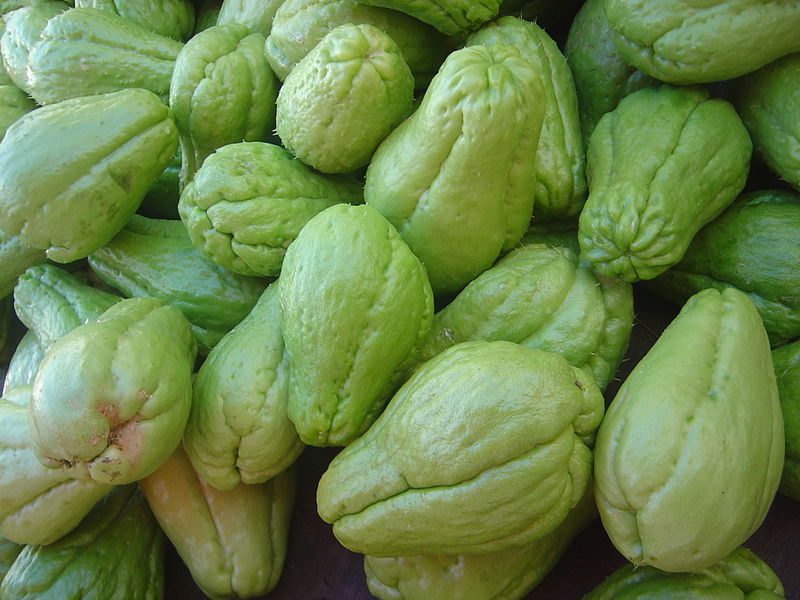Once upon a time...I decided to go on a diet. I had dieted before and lost even almost 70 pounds once, but always the weight came back. Why? Because I hadn't made any permanent change to my eating habits. So finally this last time, which I started about 7 years ago, I finally realized I had to make changes permanent. Along the way I've discovered how to make these changes permanent and I encountered a lot of obstacles, within myself but also in our society, that I had to learn to deal with.
Anyway, the diet worked as they usually do and I lost 40 pounds. I've kept it off. I'm not at my goal and perhaps I will always have that extra 15-20 pounds but I'm in a much healthier place.
The Biggest Obstacle: MeFor reasons I detailed in Outwitting the Lizard there are all kinds of things going on in the brain that I had to figure out. I had to figure out the seeming unexplicable motivation behind why I was failing to stick to my diet that had to do with addiction and cravings and rewiring my brain. But along the way there were some simple things that really made it doable for me.
Diet or Way of Eating? First off is you need to change from "I'm on a diet" to "This is how I eat". That's a really tough transition to make because dieting is, as we all know, a temporary state of deprivation. If you can just tough it out long enough you'll be slim and live happily ever after... or so we all think. Actually you'll be slim (maybe) for a few weeks, a few months but eventually you will almost certainly regain everything you lost and perhaps find a few extra. Why is that?Well, there are probably a host of psyiological reasons including things like your sensitivity to leptin is all screwed up so your energy requirements are much less (I've heard 25% less), however your brain is still wired to want the old energy levels. Bleh, not much we can do about that at this point. However there are lots of things under your control.What you did to lose the weight you must continue to do afterward. Well that sort of makes sense right? Yet most people fail to do this. Why? I think they haven't really come to terms with two things: Sustainability and Permanent Eating Changes.SustainabilityHave you ever watched the Biggest Loser? Those folks are exercising hours and hours a day and eating next to nothing to win a contents. People admire them for their perseverence but is this real? No, they're in a protected environment where their only job is to lose weight. For most people, we have jobs and families and we can't dedicate hours a day to exercise and we need to nourish ourselves properly. So what I am suggesting is that any measures you take to lose weight will have to be sustained for the rest of your life.This is why I think relying on exercise is not terribly practical. Changes to your schedule or an injury that takes a long time to heal can completely derail you. Your brain adjusts to a certain amount of energy input (food) and when the energy output suddenly changes, I can guarantee you your energy input is unlikely to change to compensate. My own experience was with martial arts. I decided to get involved in that. I had 2-3 nights a week of multi-hour long sessions and I became extremely fit. I could eat almost anything and not gain weight. Eventually my arthritis got pretty bad and I had to stop, my knees just weren't going to let me continue. So my energy output decreased dramatically but I still had the brain wiring that made me want to eat more. Result: Weight gain!I've seen this pattern repeat with lots of friends. They all believe what they've been told over the years that you must exercise like a maniac to lose weight. So they do and it works to some extent, but it's just not sustainable. And if you don't sustain it, you won't maintain it.
Science is starting to catch up to the media perpetuated myths now and more and more articles are being published that exercise is only modestly, if at all, helpful for weight loss. It is great for your health though, so don't look at this as tacit permission to not exercise. You should, but get a regimine that isn't going to injure you and that you can stick with. Something you enjoy doing.
Sustainable also applies to the diet itself. Some people go on those medically supervised protein fasts and lose a lot of weight. But they've learned nothing about how to sustain that weight loss. Again, it's a temporary measure and I guarantee that for most of these folks, the results will be temporary too. You have to change your eating habits permanently.

